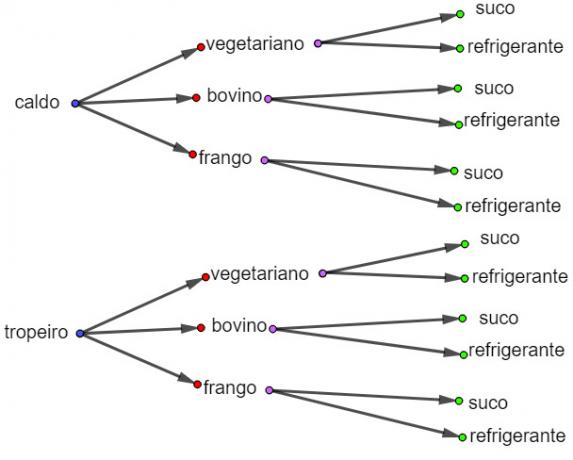If there is something that every Brazilian likes, it is to add words from other languages To your vocabulary, even if you have no idea of the meaning of these terms or their etymology. For example: have you ever been to the outlet from Brazilian stores? Usually, people associate this word with pieces on sale. However, it is used to designate a set of stores, such as a mall, located at the exit of a city. Follow the text and learn more meanings.
Read too: 5 best tips for you to learn to speak English faster
see more
Alert: THIS poisonous plant landed a young man in the hospital
These are the 4 zodiac signs that love solitude the most, according to…
The meaning of some English words that we use in our vocabulary
streaming
This word has entered the Brazilian vocabulary for good. It is used a lot to talk about movies, series and music, but few really know its meaning. In its original sense, it designates a real-time transmission of data, audio and video from a server to a device, such as a computer, cell phone or smart TV.
VIP
Everyone has been to a party with admission VIP. This word in Brazil is used to designate important people and places. Its proper meaning is: “Very Important Person”.
OK
Used daily as “correcto”, it emerged as a joke that changed the initials of the phrase “all correct” for “oll korrect”. This statement "stuck" and became common in all conversations. "Everything is OK!"
Windows
Most people have a computer with the Windows operating system. However, few know where the name comes from. In fact, it's as simple as you might think. It actually means "windows".
pay per view
This widely used term is a way of designating platforms for streaming. The translation is curious: Pay per view. Basically, the user buys a package and pays for it.
Words from other languages in our daily lives
Known as foreignness, the incorporation of words from other languages into our language is a consequence of intense globalization. They can be used in their original form, as we saw above, or with a “Portugueseization“.
An example of Portugueseness inserted in our vocabulary is the word “piquenique”, which comes from the English picnic. Or the word abajur, which was incorporated from the French word abat-jour.

